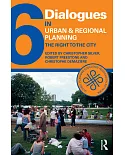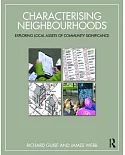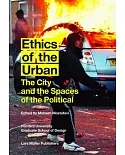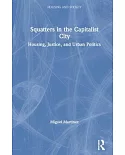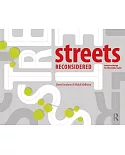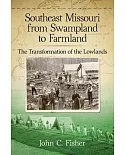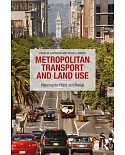Child-centered Urbanism explores the relationship between children and the city, focusing on how the two are interrelated and how the relationship directly effects achieving sustainable objectives. This relationship between children and the city is manifested in ‘children -centered urbanism’. An often overlooked population in cities,Child-Centered Urbanism addresses growing social concerns of child welfare in urbanised areas; how children grow up in the community as individuals, how city and environment affects health and growth, and how the city and the environment are learning tools. A series of contrasting international case studies demonstrates the effects of children engaging with planning in unique urban conditions in cities throughout the world, including Aberdeen, Scotland; Dhaka, Bangladesh; Madrid, Spain; and Kathmandu, Nepal.
Advocating for children as stakeholders in the planning and community participation process, this book proposes a unique step-by-step tool for engaging children in the urban development that has a significant impact on their lives. Through the innovative SUV© (Stitching Urban Vision) tool, practitioners and students of planning and urban design will walk through strategies to incorporate children in planning.
With more than 90 images, chapter summaries, and a do-it-yourself lesson for workshops,Child-centered Urbanism offers a much-needed solution to the issue of community engagement methods while incorporating sustainability initiatives and the lives of children in urban spaces.


